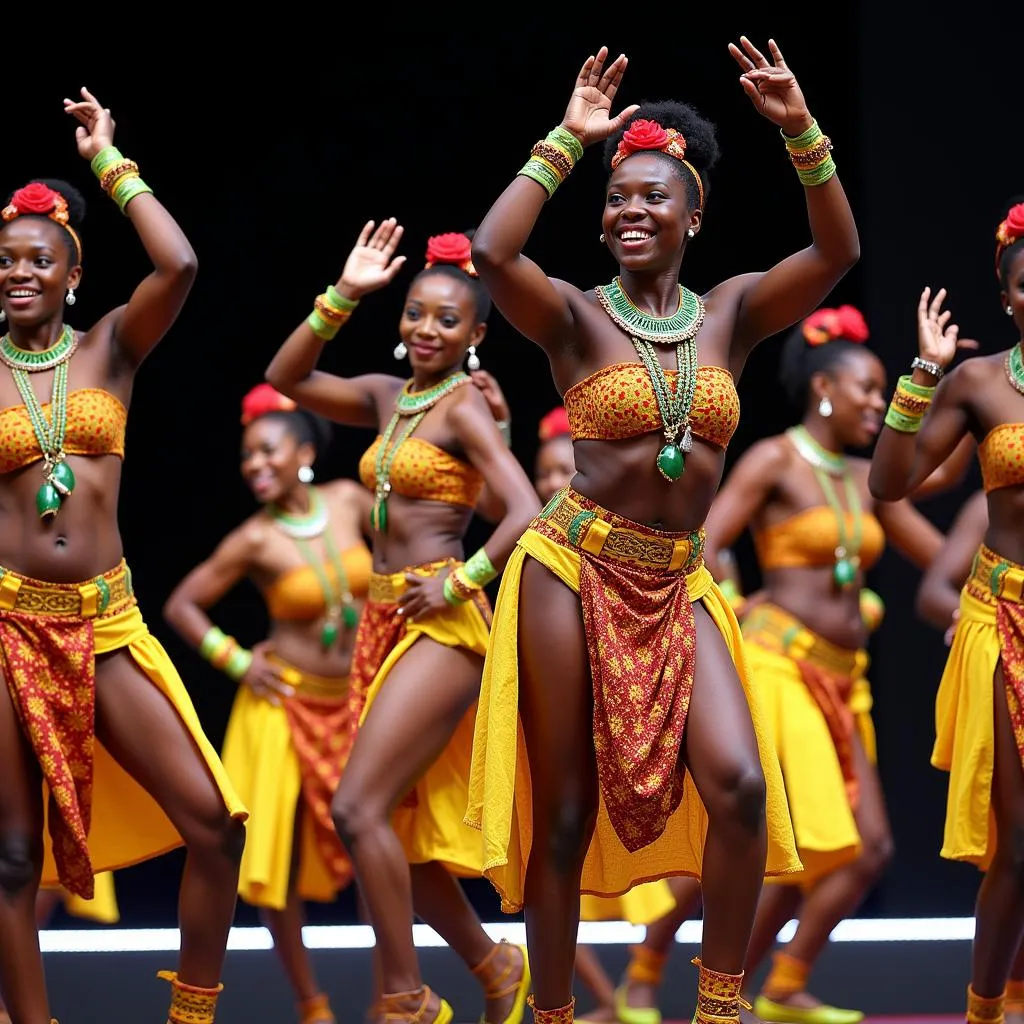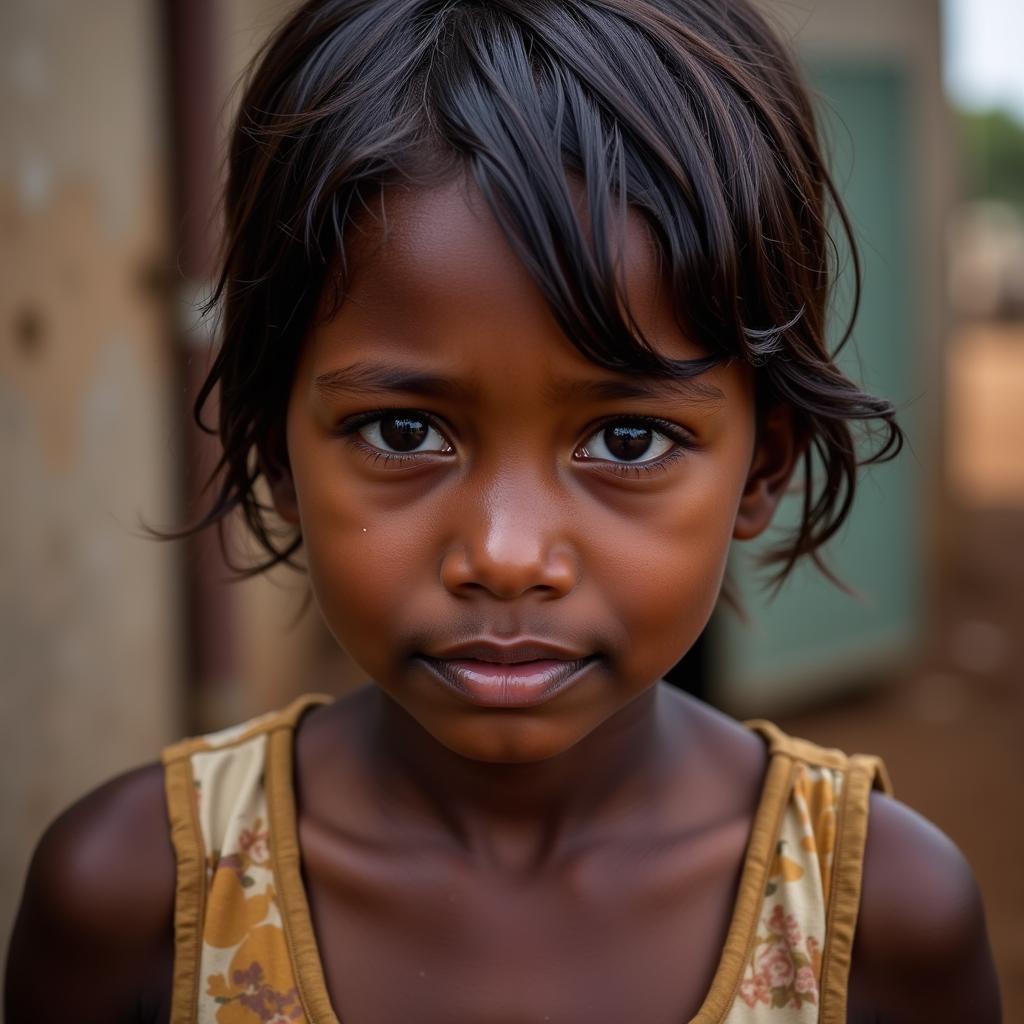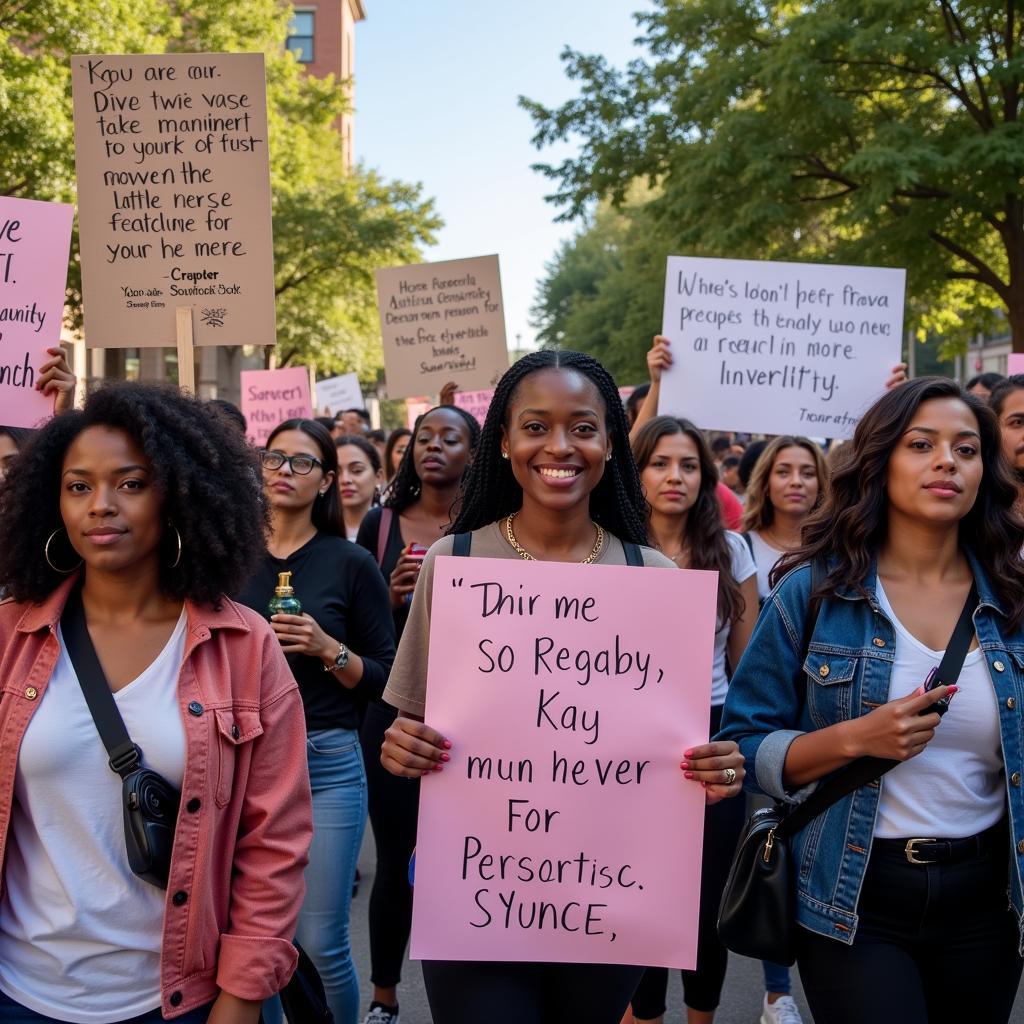Exploring African Police: Challenges, Reforms, and Community Relations
African Police forces play a crucial role in maintaining law and order across the diverse continent. From bustling urban centers to remote rural communities, these forces face a complex web of challenges, including limited resources, corruption, and public mistrust. This article delves into the multifaceted landscape of African police, exploring their history, current state, and ongoing efforts towards reform and improved community relations.
Policing in Africa has a long and complex history, often intertwined with colonial legacies. Many African nations inherited police structures designed to serve colonial interests, focusing on control rather than community service. This historical context has contributed to the challenges faced by modern African police forces in establishing trust and legitimacy within their communities. The need for reform and modernization is paramount. Many countries are actively working to professionalize their police forces, implementing training programs focused on human rights, community policing, and combating corruption.
The Challenges Facing African Police
African police forces grapple with a range of challenges. Limited resources, including inadequate funding, equipment, and training, often hinder their effectiveness. Corruption is another significant issue, eroding public trust and undermining the rule of law. Furthermore, police brutality and extrajudicial killings remain a concern in some regions, further exacerbating tensions between law enforcement and the communities they serve. Overcoming these challenges requires a multifaceted approach, addressing both systemic issues and individual accountability.
african americans shot by police
Building Trust and Accountability
Building trust between the police and the public is essential for effective policing. Community policing initiatives, which emphasize collaboration and partnership between law enforcement and local communities, have shown promise in fostering positive relationships and improving public safety. These initiatives involve police officers actively engaging with community members, addressing their concerns, and working together to identify and solve problems. Furthermore, establishing independent oversight bodies to investigate complaints against police misconduct can help ensure accountability and promote transparency.
Police Reforms and Initiatives Across Africa
Across the African continent, various initiatives are underway to reform and strengthen police forces. These include efforts to improve training and professional development, enhance investigative capacities, and promote community-oriented policing strategies. Several countries have also adopted new legislation and policies aimed at addressing police misconduct and protecting human rights. These reforms represent a crucial step towards building more effective and accountable police services.
The Role of Technology in Modernizing African Police
Technology is playing an increasingly important role in modernizing African police forces. From crime mapping and data analysis to communication systems and forensic technologies, these tools can enhance the efficiency and effectiveness of law enforcement operations. Mobile policing applications, for example, can enable officers to access critical information in the field, report incidents, and communicate with their colleagues in real-time. The adoption of technology, however, must be accompanied by appropriate training and safeguards to ensure its responsible and ethical use.
african kills police in sun city
The Future of African Police
The future of African policing hinges on continued efforts towards reform, modernization, and community engagement. Investing in training, promoting accountability, and embracing community-oriented policing strategies are crucial for building trust and enhancing public safety. Collaboration and knowledge-sharing between African police forces, as well as international partnerships, can also play a valuable role in promoting best practices and addressing common challenges.
Dr. Abimbola Sowemimo, a leading expert on African security, emphasizes the importance of community policing: “Effective policing requires building bridges with communities, not walls. When police officers are seen as partners and protectors, not adversaries, it fosters trust and cooperation, leading to safer and more resilient societies.” Building upon these principles is essential for the future of policing in Africa.
african killed police daughter delhi
In conclusion, the African police force plays a vital role in maintaining order and security across the continent. While facing various challenges, the ongoing reforms and initiatives, coupled with a focus on community engagement and technological advancements, offer hope for a future where African police forces are more effective, accountable, and trusted by the communities they serve. The journey towards achieving this vision requires continued commitment, collaboration, and a shared vision of a safer and more secure Africa.
african american police officers
FAQ:
- What are the major challenges facing African police?
- How can police brutality be addressed in Africa?
- What is the role of technology in modernizing African police forces?
- What are some successful examples of police reform in Africa?
- How can community policing improve police-community relations?
- What is the importance of police training in Africa?
- How can corruption within African police forces be addressed?
For further support, please contact us at Phone Number: +255768904061, Email: [email protected], or visit our office at Mbarali DC Mawindi, Kangaga, Tanzania. Our customer service team is available 24/7. We also have additional articles on our website regarding specific incidents involving African police, such as “african killed police daughter“.



